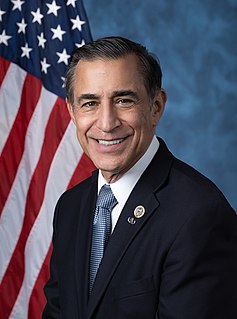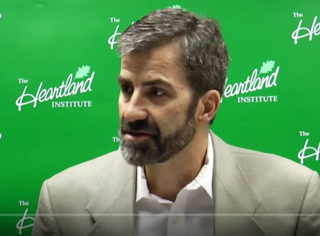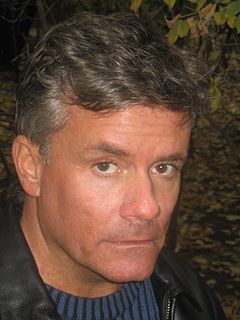A Quote by Martin Rees
We should all oppose - as Darwin did - views manifestly in conflict with the evidence, such as creationism... But we shouldn't set up this debate as 'religion v science'; instead we should strive for peaceful coexistence with at least the less dogmatic strands of mainstream religions, which number many excellent scientists among their adherents.
Related Quotes
If I advance new views in Philosophy or Theology, I cannot expect to have many adherents among minds altogether unprepared for such views; yet it is certain that even those who most fiercely oppose me will recognize the power of my voice if it is not a mere echo; and the very novelty will challenge attention, and at last gain adherents if my views have any real insight.
...the debate among the scientists if over. There is no more debate. We face a planetary emergency. There is no more scientific debate among serious people who've looked at the science...Well, I guess in some quarters, there's still a debate over whether the moon landing was staged in a movie lot in Arizona, or whether the Earth is flat instead of round.
I am opposed to all forms of control; I am for an absolute laissez faire, free, unregulated economy. I am for the separation of the state and economics, just as we had separation of state and church, which led to peaceful coexistence among different religions...so the same applies to economics. If you separate the government from economics, if you do not regulate production and trade, you will have peaceful cooperation, and harmony and justice among men.
The paleontological evidence before us today clearly demonstrates ordered progressive change with the successive development of new faunal and floral assemblages through the changing epochs of our earth's history. There should be no real conflict between science, which is the search for truth, and Christ's teachings, which I hold to be truth itself. It is only when scientists remove God from creation that the Christian is faced with an irreconcilable situation.
How could two teams of scientists come to such obviously contradictory conclusions on seemingly every point that matters in the debate over global warming? There are many reasons why scientists disagree, the subject, by the way, of an excellent book a couple years ago titled Wrong by David H. Freedman. A big reason is IPCC is producing what academics call "post-normal science" while NIPCC is producing old-fashioned "real science.
I don't think any administration, when they come in, thinks that their job is to tell the scientists what the science looks like or to be quiet about the science. Scientists need to remain true and not allow science to be politicized. Scientists are not politicians, and no politician should consider themselves to be a scientist.
A delusion that encourages belief where there is no evidence is asking for trouble. Disagreements between incompatible beliefs cannot be settled by reasoned argument because reasoned argument is drummed out of those trained in religion from the cradle. Instead, disagreements are settled by other means which, in extreme cases, inevitably become violent. Scientists disagree among themselves but they never fight over their disagreements. They argue about evidence or go out and seek new evidence. Much the same is true of philosophers, historians and literary critics.
Is it just or reasonable, that most voices against the main end of government should enslave the less number that would be free? more just it is, doubtless, if it come to force, that a less number compel a greater to retain, which can be no wrong to them, their liberty, than that a greater number, for the pleasure of their baseness, compel a less most injuriously to be their fellow-slaves. They who seek nothing but their own just liberty, have always right to win it and to keep it, whenever they have power, be the voices never so numerous that oppose it.
Religion should be subject to commonsense appraisal and rational review, as openly discussible as, say, politics, art and the weather. The First Amendment, we should recall, forbids Congress both from establishing laws designating a state religion and from abridging freedom of speech. There is no reason why we should shy away from speaking freely about religion, no reason why it should be thought impolite to debate it, especially when, as so often happens, religious folk bring it up on their own and try to impose it on others.



































